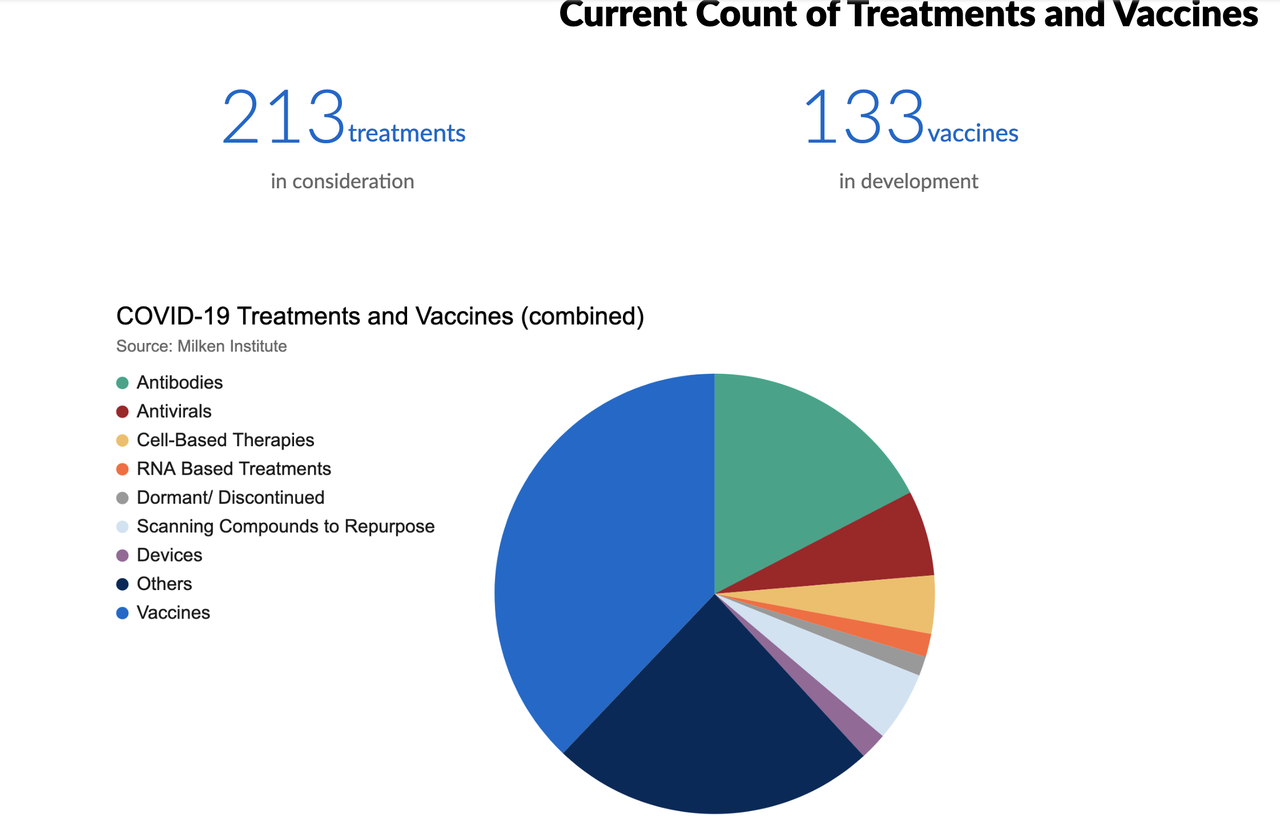The coronavirus vaccine is still – according to the most optimistic projections provided by Dr. Anthony Fauci – at least 18 months away (Dr. Fauci reaffirmed during yesterday’s Senate testimony the expected timeline for a vaccine is 18-24 months, or longer). But the New York Times is getting a jump on stirring up the anti- ‘anti-vax’ hysteria that some of its most dedicated readers – super-uptight, Brooklyn-based, professional class, simps for former Deadspin staffers – simply love to hate.
Anti-vaxxers inspire a singularly intense horror in the liberal imagination. While the NYT loves to pin the ‘explosion’ in the movement’s popularity to ‘far-right’ hucksters, some of the worst outbreaks in recent years – for example: last year’s measles outbreak – took hold in the ultra-orthodox Jewish communities of New York State and the surrounding area, not the communities of ‘right-wing extremists’ living in Idaho and other states in the west and south. However, like the old saying goes, “Nazis sell newspapers”. NYT editors closely track which topics its readers love, and thinly sourced “news analysis” about the threat to society posed by the anti-vaccine movement in the age of COVID-19 is easy and cheap to produce.
In a Wednesday column written by popular author and magazine writer Kevin Roose, the paper dares to ask: “What if we get a Covid-19 vaccine and half the country refuses to take it?”
The viral popularity of “Plandemic”, a factually dubious documentary about a former colleague of Dr. Fauci who clearly has an axe to grind against him, is alarming, Roose says, and certainly justifies such an extreme conclusion.
To this, we’d argue that repeatedly trying to delete the video to appease far-left tastemakers who are out of step with the American body politic only made viewers more eager to seek it out and watch. And as far as the risk of half the country refusing the vaccine, vaccination rates for MMR, a vaccine that is the subject of concentrated ire from the anti vaxxers, are still above 90% in the US.
Plus, if you and your loved ones get vaccinated, shouldn’t you have nothing to worry about? (unless, of course, the vaccines prove ineffective with some/all patients, in which case we’d have a bigger problem to worry about).
But Roose cites three supporting pillars for his argument that the anti-vaxx movement has been “waiting” for COVID-19 like a panther in the tall grass, waiting to pounce and spread its anti-science maliciousness across the globe in an evil scheme to wipe out humanity, or whatever.
First: the fast-tracked approval process.
First, because of the pandemic’s urgency, any promising Covid-19 vaccine is likely to be fast-tracked through the testing and approval process. It may not go through years of clinical trials and careful studies of possible long-term side effects, the way other drugs do. That could create an opening for anti-vaccine activists to claim that it is untested and dangerous, and to spin reasonable concerns about the vaccine into widespread, unfounded fears about its safety.
According to the Milken Institute, more than 130 projects to find a vaccine are underway around the world. Though vaccines will receive expedited approval, any mass-produced vaccine will be subjected to intense, global scrutiny.
Second: The Bill Gates Foundation will inevitably be involved with distributing the vaccine.
Second, if a vaccine does emerge, there is a good chance that leading health organizations like the Bill and Melinda Gates Foundation or the World Health Organization will have a hand in producing or distributing it. If that’s the case, anti-vaccine activists, who have been crusading against these groups for years, will have plenty of material stockpiled to try to discredit them. They are already taking aim at Mr. Gates with baseless conspiracy theories claiming that he created and is trying to profit from the virus. These theories will be amplified, and the attempts to discredit leading virus research efforts will intensify as the vaccine nears.
That’s probably true – but the Gates Foundation and WHO typically focus their efforts on developing economies that don’t have the immense resources that the US has.
And third: if vaccination is required for air travel, school enrollment and other activities, the backlash might be intense.
Third, if and when a Covid-19 vaccine is approved for widespread use, people may be required to take it before being allowed to fly on certain airlines, attend certain schools or enter certain businesses. That’s a good idea, public health-wise, but it would play into some of the worst fears of the anti-vaccine movement.
Mandatory vaccination has been an especially potent talking point for anti-vaccine activists, some of whom have rebranded themselves “pro-choice” when it comes to vaccines. And years of battling states and school districts over mandatory vaccine policies have given them a playbook for creating a tangle of legal roadblocks and damaging publicity campaigns.
Most school districts already require students to receive a battery of vaccines, which is one reason vaccination rates are so high in the US. There’s little reason to believe that things will be different here. After all, polls suggest that the majority of Americans are afraid of catching the virus and will take steps independent of the government to protect themselves and their families.
There will inevitably be those who refuse the vaccine because they’re paranoid about the long-term consequences. And the reality is, even scientists admit that the only way to be certain about the long-term affects of any given vaccine or treatment is experience, especially if they live in a more rural setting. Is that really so wrong?
But the aggression on the part of public officials is already starting: In Washington, Gov. Jay Inslee warned Wednesday that COVID-test-refusers wouldn’t be allowed into the state’s grocery stores.
Of course, that’s just the start, as restrictions on test-deniers will inevitably be expanded to vaccine-deniers.
